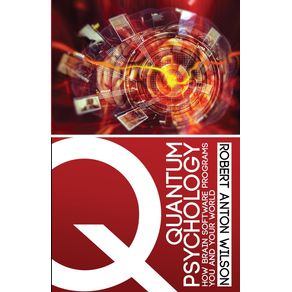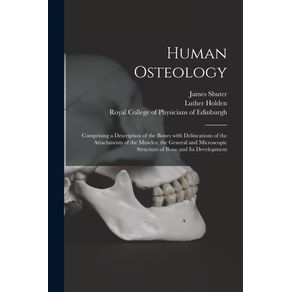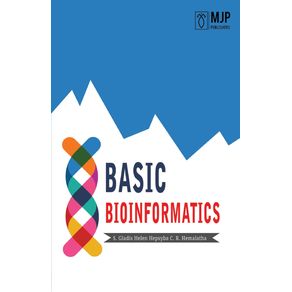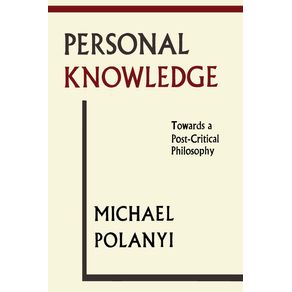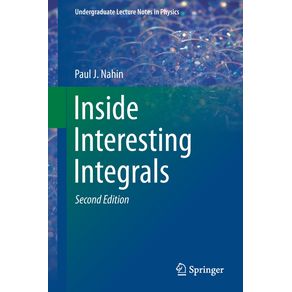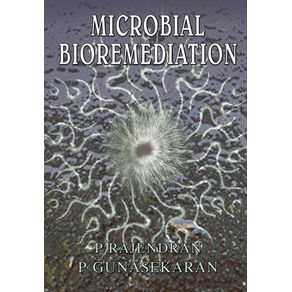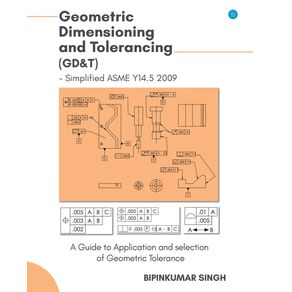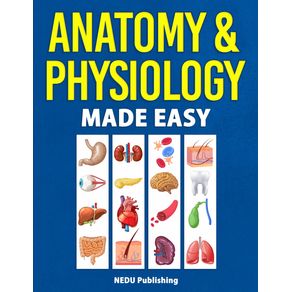-
DEPARTAMENTOS
- ANIMAIS DE ESTIMAÇÃO
- ARTES
- AUTO AJUDA
-
BEM ESTAR E LAZER
-
CATEGORIAS
-
-
CULINÁRIA E GASTRONOMIA
-
CATEGORIAS
-
-
ESPORTES
-
CATEGORIAS
-
- INFANTIL
-
RELIGIÃO
-
CATEGORIAS
-
- ADMINISTRAÇÃO E NEGÓCIOS
-
CIÊNCIAS BIOLÓGICAS E NATURAIS
-
CATEGORIAS
-
- DIREITO
- ECONOMIA
-
MEDICINA
-
CATEGORIAS
-
-
TODOS DEPARTAMENTOS
-
INTERESSE GERAL
-
LIVROS TÉCNICOS
-
- IMPORTADOS
ABC Transporters in Human Disease
Cód:
491_9781615043781
ABC Transporters in Human Disease
Autor:
Editora:
Código:
491_9781615043781
Vendido e entregue por Um Livro
The ATP-binding cassette (ABC) transporter genes are ubiquitous in the genomes of all vertebrates so far studied. The human ABC transporter superfamily contains 48 genes, subdivided into 7 subfamilies ranging from A to G (based on sequence homology of their nucleotide binding domains). The ABC proteins encoded by these genes are ATP-driven transmembrane pumps, some of which possess the capacity to efflux harmful toxic substances and therefore play a key role in xenobiotic defense. ABC proteins have been evolutionarily conserved from bacteria to humans and multiple gene duplication and deletion events in the ABC genes indicate that the process of gene evolution is still ongoing. Polymorphisms and variations in these genes are linked to variations in expression, function, drug disposition, and drug response. Single nucleotide polymorphisms (SNPs) in these genes could be markers of individual risk for adverse drug reactions or susceptibility to complex diseases. The pharmacogenetics of this unique family of transporters is still under study; however, in the context of human health, it is a well-known fact that variations in these transporters are the underlying cause for several human diseases including cystic fibrosis, Pseudoxanthoma elasticum (PXE), and X-linked adenoleukodystrophy (X-ALD).Table of Contents: Introduction to the Human ATP-Binding Cassette (ABC) Transporter Superfamily / Evolution of ABC Transporters / Overview of ABC Transporters in Human Disease / The Cystic Fibrosis Transmembrane Conductance Regulator-ABCC7 / PXE / X-linked Adrenoleukodystrophy / ABC Proteins: A Global Perspective / References / Titles of Related Interest
Veja mais







